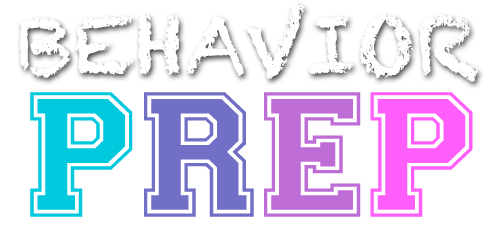F.2. Identify and integrate relevant cultural variables in the assessment process
Identifying and integrating relevant cultural variables in the assessment process involves recognizing and considering a client’s cultural background, values, and practices when conducting behavioral assessments. This ensures the assessment process is culturally sensitive, appropriate, and tailored to the individual’s unique context.
Example: A BCBA is assessing a child from a family that values collectivism, where family decision-making and group harmony are prioritized. During the assessment, the BCBA asks the family about their cultural expectations regarding behavior, such as whether certain behaviors are seen as more important in the family context (e.g., respecting elders). The BCBA then integrates this cultural information by designing assessments focusing on behaviors important to the family, ensuring that interventions respect and align with the family’s cultural values and goals.
